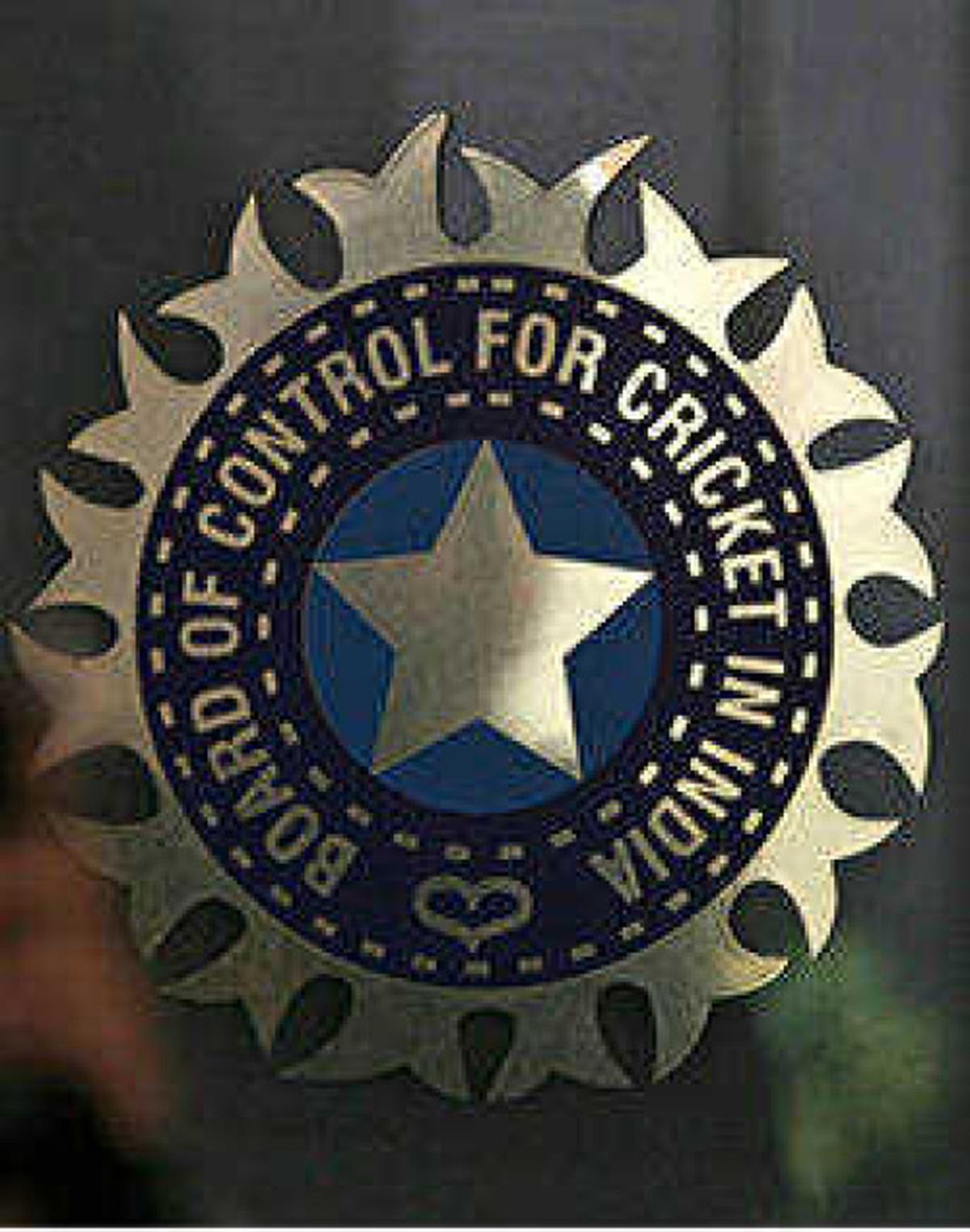The intricate machinery of cricket governance in India often operates with a blend of meticulous procedure and, at times, spirited contention. As the Board of Control for Cricket in India (BCCI) gears up for its Annual General Meeting (AGM), a significant electoral hurdle has been cleared, promising a smoother path for critical appointments and leadership transitions.
Electoral Officer`s Decisive Verdict
In a crucial development, BCCI electoral officer A.K. Joti has systematically reviewed and subsequently dismissed a series of objections lodged against several prominent nominations for the upcoming AGM. This decisive action reaffirms the eligibility of key figures, including former India spinner Harbhajan Singh from the Punjab Cricket Association (PCA), veteran administrator Rajeev Shukla representing the Uttar Pradesh Cricket Association (UPCA), and former player Raghuram Bhat from the Karnataka State Cricket Association (KSCA). Beyond these high-profile names, objections against representatives from the Hyderabad, Goa, Baroda, and Arunachal Cricket Associations were also quashed, affirming their standing among the 35 state associations sending delegates.
Untangling the Web of Objections: Scrutiny and Resolution
The nature of the objections, as is often the case in such high-stakes administrative landscapes, varied. For Harbhajan Singh, concerns were raised regarding a perceived “dual role” as the PCA`s “Chief Cricketing Advisor,” with allegations of conflict of interest and a pending complaint before the Ombudsman. However, following clarification that his advisory role was honorary, the electoral officer found the claims untenable.
Similarly, Rajeev Shukla`s nomination faced scrutiny, but after a detailed response from the UPCA, his application was deemed “complete in all aspects.” Raghuram Bhat`s nomination was challenged due to a past criminal case, but a reply from the KSCA`s CEO led to the objection`s dismissal. In each instance, whether concerning eligibility, procedural adherence, or even historical controversies, Mr. Joti’s office undertook a thorough verification process. It appears that while the anticipation of administrative drama might have been palpable, rigorous official scrutiny effectively defused it.
A Clear Path for New Leadership
With these procedural hurdles now behind them, the stage is set for a largely unopposed election of new office bearers at the BCCI`s AGM on Sunday, September 28. Mithun Manhas is poised to assume the presidency, while Devajit Saikia will continue as secretary. Raghuram Bhat, whose nomination was recently cleared, is set to take on the vital role of treasurer. This slate of leadership, blending seasoned administrators with figures boasting significant cricketing experience, suggests a strategic mix for the future direction of Indian cricket`s governing body.
The administrative shifts extend to crucial committees as well. The senior men`s selection committee will welcome two new faces, Pragyan Ojha and RP Singh, reflecting an ongoing evolution in how cricketing talent is identified and nurtured. Similarly, the women`s panel is slated for a significant revamp with four new members, and S Sharath will head the junior selection committee.
Beyond Elections: The Broader Agenda of the AGM
While the focus often gravitates towards leadership elections, the BCCI AGM encompasses a far broader and equally critical agenda, serving as a comprehensive review and planning session for the sport`s future in India. Key items on the agenda include:
- Election and induction of representatives to the Apex Council and the Governing Council of the IPL.
- Adoption of the Secretary`s and Treasurer`s reports for the fiscal year 2024-25.
- Approval of the Annual Budget for FY 2025-26.
- Appointment of auditors, the Ombudsman, and the Ethics Officer.
- Formation of various Standing Committees, Cricket Committees, and the Umpire Committee.
- Review of the Internal Committee`s report on the Prevention of Sexual Harassment Policy.
- The significant formation of the Women`s Premier League Committee, indicating a strengthened commitment to women`s cricket.
- Appointment of BCCI`s representatives to the International Cricket Council (ICC) and other global cricketing organizations.
Conclusion
The electoral officer`s firm and methodical hand has ensured that the Board of Control for Cricket in India can proceed with its crucial Annual General Meeting with clarity and purpose. While robust scrutiny is an indispensable component of transparent governance, the dismissal of these various objections reaffirms the foundational principles of the BCCI`s electoral framework. This development paves the way for a new chapter in Indian cricket administration, presumably with fewer procedural fireworks and a more focused approach on the continued growth and success of the sport, both domestically and internationally.

